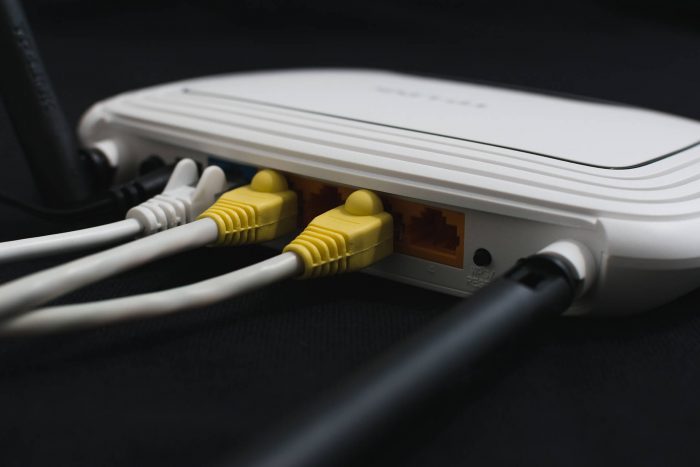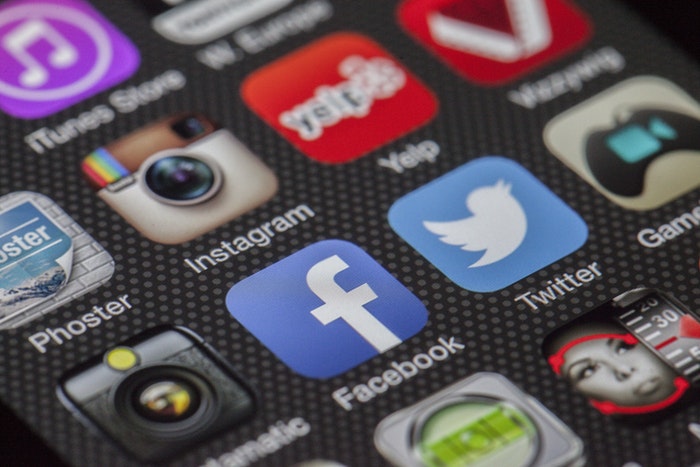How does a Wi-Fi Connection Work?

Most computers use Wi-Fi but users know very little about it. A little background knowledge doesn’t go amiss, but will help you utilize your internet connection better. Wi-Fi wireless network technology uses radio waves, just like your radios, TVs and mobile phones, but with a small difference.
The Positives of Social Media

The internet has opened up the world and made it into a global village. Digital technology is being applied in almost every sphere of life, social media notwithstanding. While social networking isn’t everyone’s cup of tea, it definitely cannot be ignored. There are multiple angles to look at it from and while some are of the opinion that social networking sites like Facebook, Instagram and Twitter are an evil force, in actuality, there are a number of positives associated with them.
How to Improve Broadband Speed

When you feel unsatisfied with your broadband speeds, the first person you feel like blaming is your internet service provider (ISP). However, there are a number of factors that could be behind your slow net speeds and you need to try them out before blaming your ISP and looking for another broadband package. Here’s a look at some of the ways that you can jack up internet speeds:
Application of the Internet in Real Life

The internet has been the biggest boon to the common layman and has taken over every aspect of their lives, making the world into a smaller, more connected place. It has also helped create a worldwide highway of information that covers almost everything under the sun and is available in almost all countries.
What is a Cable Modem?

A cable modem is a device that allows communication between your computer and the internet service provider. It achieves this by providing a bridge between the customers’ LAN (local area network) and the coaxial cable network implemented by the internet service provider (IPS). That is, it works both as a modem as well as a bridge.
Positive Impact of the Internet on Students

Gone are the days of tedium when students had to go to libraries and scour through numerous dusty books before finding the relevant piece of information needed. The new era of technology has ushered in good times for these students. The advent of the internet has meant different things to different people, but the common factor between them all is that it has made almost everything that much easier.
Internet Safety Tips for Teens

The younger generation has gone crazy with internet-enabled gadgets. The extent of their addiction to these gadgets has even given rise to new terminologies and medical conditions. They seem to have more friends online than offline and are constantly in conversation with one person or the other online.
Advantages of Broadband Wi-Fi Connections over JioFi/ Airtel Hotspots

Almost everyone has been through that hair-tearing situation of waiting for a website to open courtesy of a slow or unreliable internet connection. This should be the motivating factor for doing your homework right when selecting an internet provider.
What is Web Hosting?

When you create a website and want to make it available to the world, you will need to upload it onto the server of a web hosting service. The web host provides space to store your website files in high-powered computers caller servers that are connected to a very fast network. When someone types in your website address or domain, the internet will connect to the web server hosting your website files. Your web host will then transfer the information, enabling the user to surf and access the pages he needs.
How to Determine the Best Internet Plans for an SME?

Also known as ‘Small to Medium Enterprise’, SMEs refer to smaller manufacturing or services enterprises whose turnovers do not go beyond 5 to 10 crore rupees. There are lakhs of SMEs spread out across India in all the major fields such as auto ancillaries, small-scale manufacturing, FMCG, Domestic/international trading, media and entertainment and travel and tourism.


